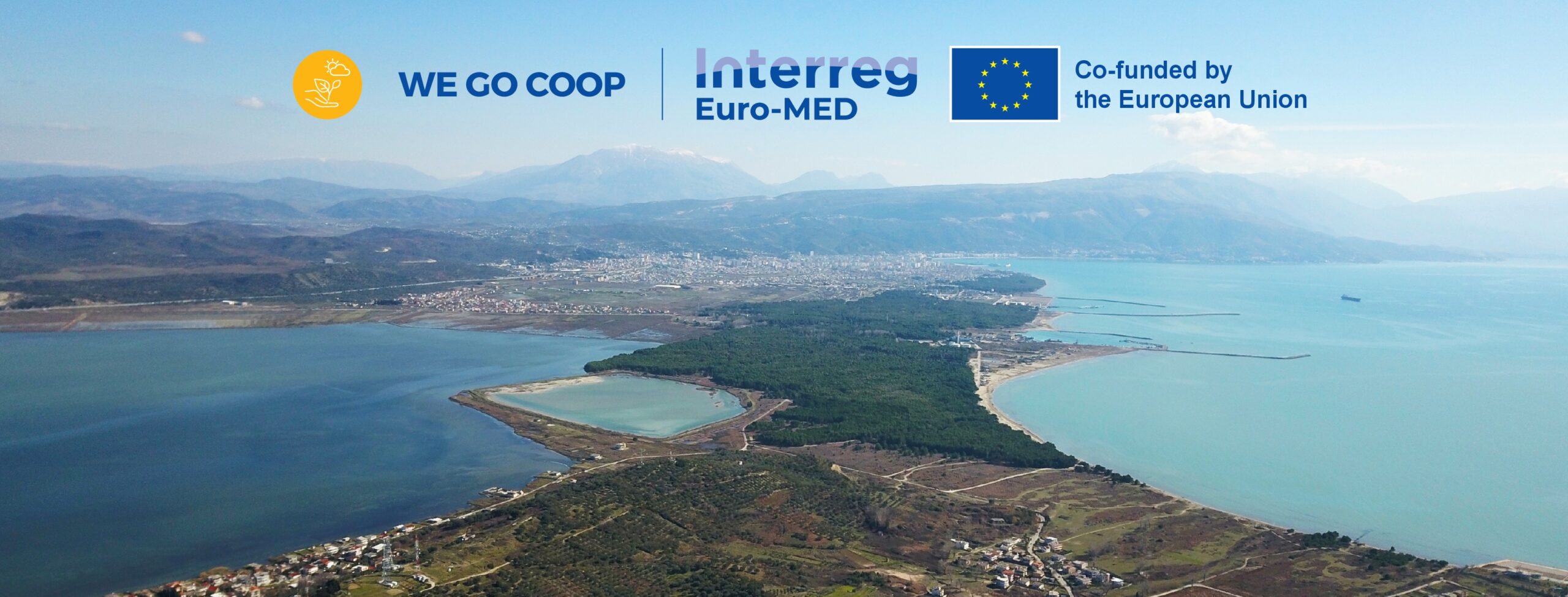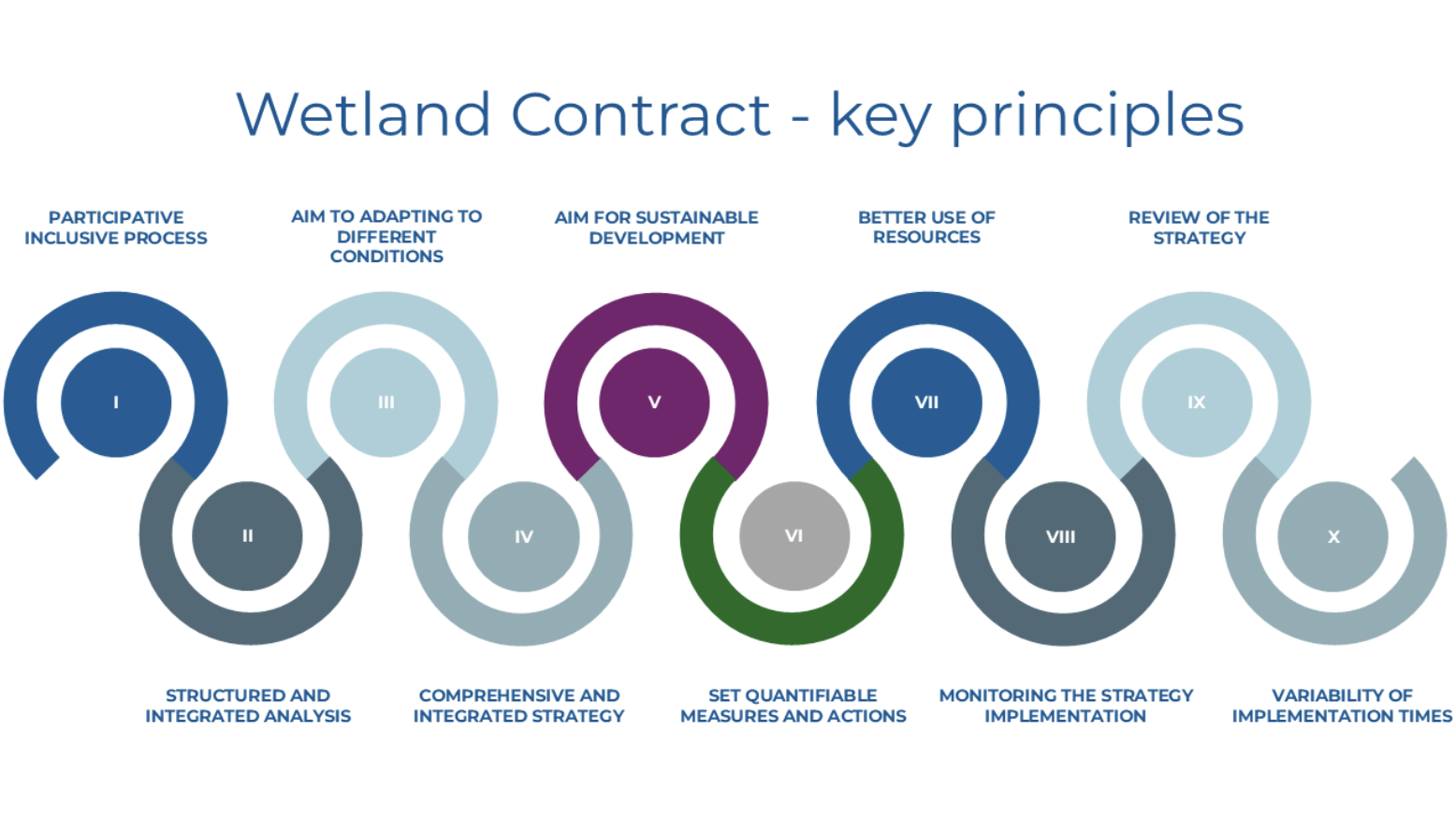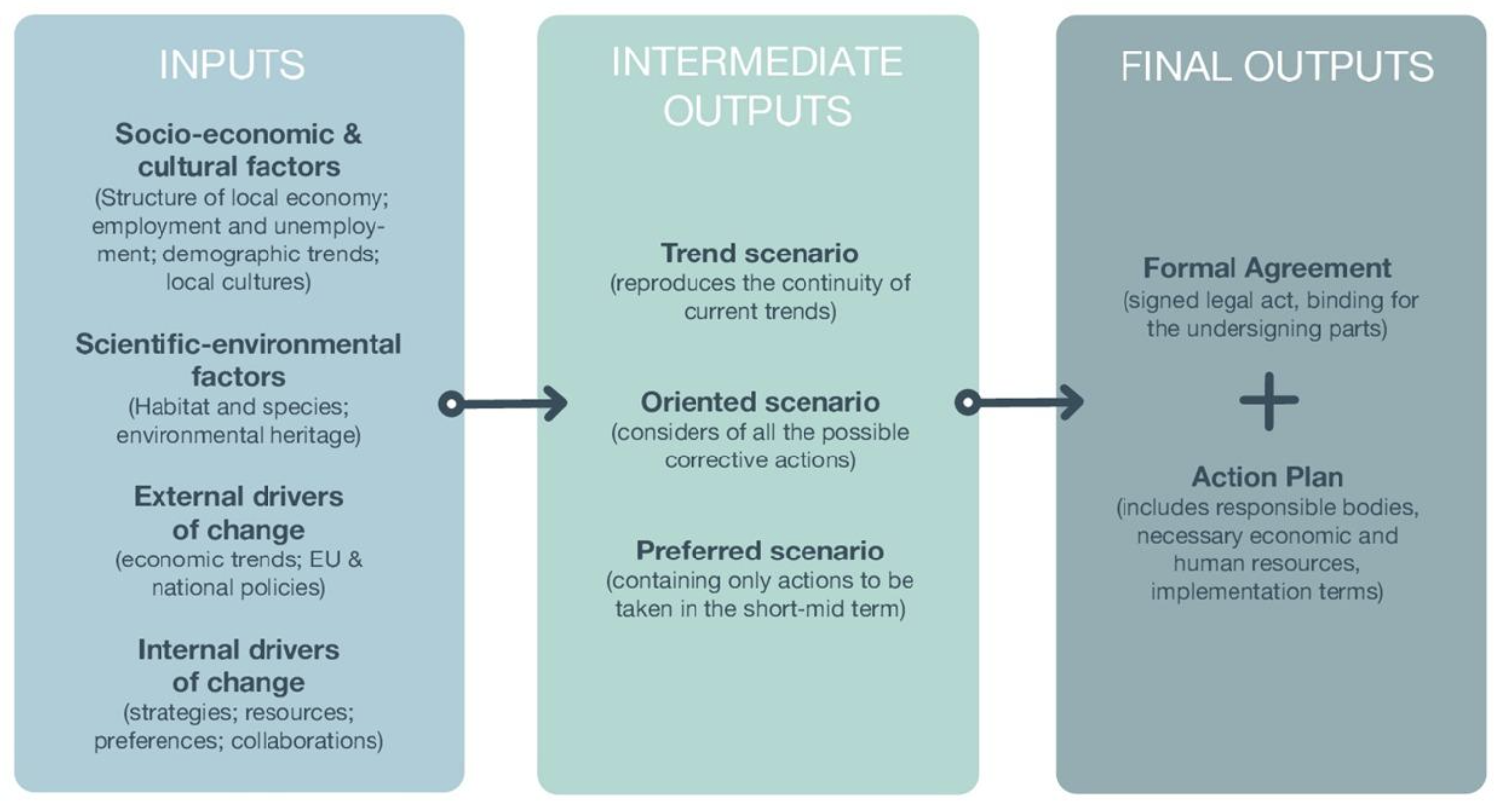In the context of the “Solve the Challenge” awareness campaign, this article highlights the importance of innovative local governance models as a cornerstone of effective environmental governance. We explore how participatory tools such as Wetland Contracts contribute to the sustainable management of natural resources and to building coherent, multi-level governance across the region.
Wetland Contracts originated in France during the 1980s as Contrats de Rivière, which were technical and financial agreements designed for the comprehensive and sustainable management of hydrographic basins. These pioneering tools introduced a participatory approach to water resource governance, emphasizing the collaboration of diverse stakeholders, including public authorities, private organizations, and local communities, to address the ecological, social, and economic importance of wetlands.
“Wetland Contracts, a new way to govern water: collaboration, participation, and care for our wetlands.”
Over time, this model has inspired adaptations across Europe, giving rise to Wetland Contracts as instruments for the conservation and sustainable management of wetland ecosystems, recognized for their critical roles in biodiversity, water regulation, and climate change mitigation.
Wetland Contracts in Italy
In Italy, Wetland Contracts began to develop in the early 2000s, building upon the framework established by River Contracts, formalized in 2015 under the Italian Environment Code. These contracts have evolved into voluntary, strategic tools aimed at balancing environmental protection with socio-economic development in areas under significant anthropogenic pressure, such as agriculture, urbanization, and tourism. Their implementation typically involves regional governments, environmental agencies, universities, and NGOs, fostering participatory governance processes that include public consultations, workshops, and co-design sessions to define shared objectives and action plans.
Wetland Contracts are grounded in European environmental policies such as the Water Framework Directive, which promotes integrated river basin management. Their governance structure integrates multi-level coordination, technical assessments, and stakeholder representation, creating a dynamic framework to address local challenges while aligning with broader EU objectives. These contracts have been highlighted as effective tools in numerous European projects, including LIFE and Interreg initiatives, which have developed methodologies and shared experiences for their application.

The Interreg Euro-MED WE GO COOP project aims to establish a Community of Practice to consolidate and expand the use of Wetland Contracts across Mediterranean countries. In addition, this project seeks to transform isolated pilot experiences into cohesive, transnational governance frameworks, enabling the development of shared strategies and fostering institutional coherence.
Discover our thematic project WE GO COOP.
Palazzo, A. L., Muccitelli, S., D’Ascanio, R., Pozzi, C., and Magaudda, S. (eds), (2021) Environmental Contracts in Marine Protected Areas: methodology and pilot cases from TUNE UP, leNote di U3, n. 3, ISSN 1973-9702
urbanisticatre.uniroma3.it/nu3-lenote-di-u3/lenote-3/

Wetland Contracts key principles. Source: Interreg Med TUNE UP

Wetland Contracts process. Source: Palazzo et al., 2021, p. 49 (Interreg Med TUNE UP)


Where policy meets practice: the European roots of Wetland Contracts